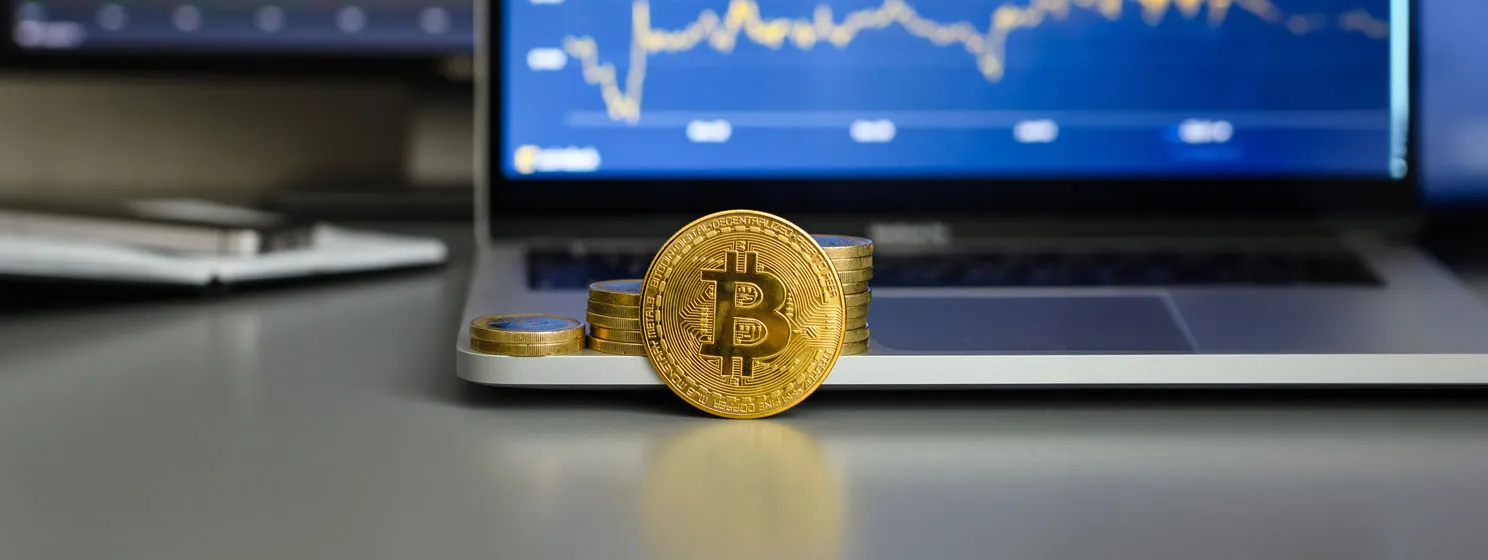|
Getting your Trinity Audio player ready...
|
The Yunnan province in China has rolled out a blockchain platform to track its tea products across the supply chain. By scanning a bar code, users can find out the quality of their tea, its authenticity, production process and more.
Yunnan announced the new platform during the Phoenix Nest Ancient Tree Spring Tea New Product Launch Conference. According to Chinanews, the platform will track tea products for the province’s Pu’er region, which is known for its high-quality tea. Some branded Pu’er Tea goes for as much as $3,500 per kilogram. Its tea industry has an output volume of 84.3 billion yuan ($11.8 billion) in 2018, Xinhuanet reports.
“Scanning the QR code of the blockchain on the product with a mobile phone, you can understand the product’s raw material base, production process, warehousing, quality testing, product sales, financial support and other detailed information. You can also verify the authenticity, purchase, and make complaints,” according to the report.
The platform will integrate product quality supervision, sales data and supply chain financial services. It will allow easy and secure data sharing between all the terminals in the supply chain.
Pu’er City has been experimenting with blockchain since 2019, the report stated. Its efforts led to the launching of the “Quality Blockchain Traceability Platform” in March 2020. This platform has facilitated the launching of 25 products from 25 companies so far.
The province is already working to integrate some new technology into the platform. These include texture imaging recognition technology which will match texture feature records with product coding. Other future capabilities include near-field communication chips and anti-counterfeiting technology.
Blockchain technology has made its way into the tea industry in recent years. In India, the country’s Tea Board invited interested companies to bid for a blockchain solution for its tea industry in 2019. The board stated that blockchain would allow the final users to inspect the origins of their tea as well as its quality. It would also help curb counterfeiting.
The Tea Board was following in the footsteps of the Coffee Board of India which is already using blockchain. The board launched a blockchain coffee marketplace in March 2019 to bring together all the stakeholders. The marketplace is available via the web and a mobile app. It has over 30,000 members.
26 companies expressed their interest in the project. They include e-commerce giant Amazon, Indian tech giant Infosys and regional banker Yes Bank.

 07-09-2025
07-09-2025 





